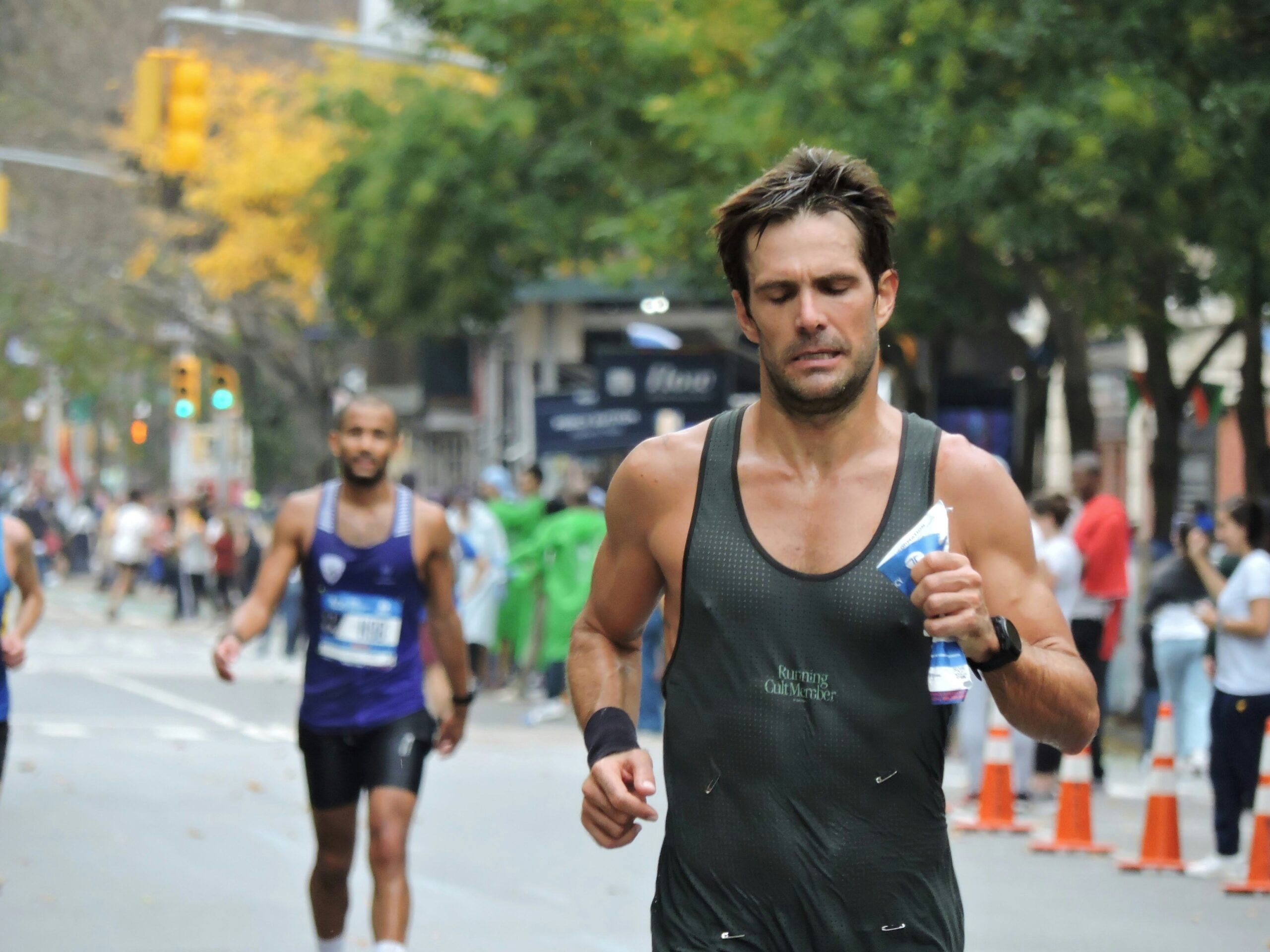BOSTON, MA – Local marathon enthusiast Derek Martinez made geographical history yesterday when he took a wrong turn during the Boston Marathon and somehow ended up discovering what cartographers are calling “the first new continent found by someone who was just trying to finish a 26.2-mile race.”
Martinez, 34, was running his eighth Boston Marathon when he missed a turn at mile 18 and continued straight instead of following the marked course.
“I was in the zone, you know?” Martinez explained from what appears to be a pristine beach on the newly discovered landmass. “I had my headphones in, I was feeling good, and when I didn’t see any other runners around me I just figured I was really fast today. Turns out I wasn’t fast, I was just geographically creative.”
The discovery occurred when Martinez, following what he thought was a poorly marked section of the course, somehow crossed into previously unknown territory that doesn’t appear on any existing maps.
“After about six hours of running, I started thinking the marathon was longer than I remembered,” Martinez reported via satellite phone. “But I’m not a quitter, so I kept going. When I reached the ocean and saw landmasses that definitely weren’t there when I studied the course map, I realized something was off.”
Geographic Survey Institute director Dr. Sarah Kim confirmed that Martinez has indeed found a continent that was somehow overlooked by centuries of exploration, satellite imaging, and Google Earth.
“We have no explanation for how an entire continent escaped detection until a recreational runner stumbled onto it while trying to complete a Boston Marathon,” Dr. Kim announced during an emergency press conference. “Our best theory is that it was hidden behind some really effective camouflage or possibly exists in a slight dimensional pocket that’s only accessible if you’re running at exactly 7.3 miles per hour while wearing moisture-wicking athletic wear.”
The new continent, which Martinez has temporarily named “Runlandia,” appears to be roughly the size of Australia and features diverse ecosystems, several mountain ranges, and what preliminary surveys suggest might be indigenous populations.
“There are people here, and they seem really excited about the marathon,” Martinez reported. “They’ve been following me for the last 12 miles cheering and offering what I think is their version of sports drinks. It tastes like coconut water mixed with determination.”
Boston Athletic Association officials are scrambling to determine whether Martinez’s accidental continental discovery qualifies as completing the official marathon course.
“Technically, he never finished the race,” said race director Jennifer Park. “But he did cover 26.2 miles, plus an additional 47 miles of uncharted territory exploration. We’re consulting with the International Association of Athletics Federations about whether discovering a new continent counts as a valid race completion.”
Martinez has established a temporary base camp on what he calls “Marathon Beach” and has been documenting his findings while trying to figure out how to get home.
“The natives have been incredibly welcoming,” Martinez reported. “They keep pointing at my running shoes and making gestures that I think mean ‘holy footwear of the distance gods.’ I’ve accidentally become some kind of athletic prophet to an entire undiscovered civilization.”
National Geographic has dispatched an emergency expedition team to study Martinez’s discovery, while the United Nations is preparing diplomatic protocols for first contact with the Runlandian people.
“This is either the greatest geographical discovery in human history or the most elaborate case of marathon-induced hallucination we’ve ever documented,” said expedition leader Dr. Michael Chen. “Either way, Derek’s definitely getting his finisher’s medal.”
Martinez has requested that Runlandia be officially recognized as a sovereign nation with a national sport of long-distance running and mandatory aid stations every two miles.
“I came here to run 26.2 miles and accidentally founded a country,” Martinez reflected while sketching maps of his new homeland. “My personal record was 3:47, but my continental discovery time was 11 hours and 23 minutes. I’m not sure which achievement I’m more proud of.”
The Boston Marathon has announced that next year’s race will include an optional “Continental Discovery Division” for runners who want to attempt their own accidental geographical breakthroughs.

